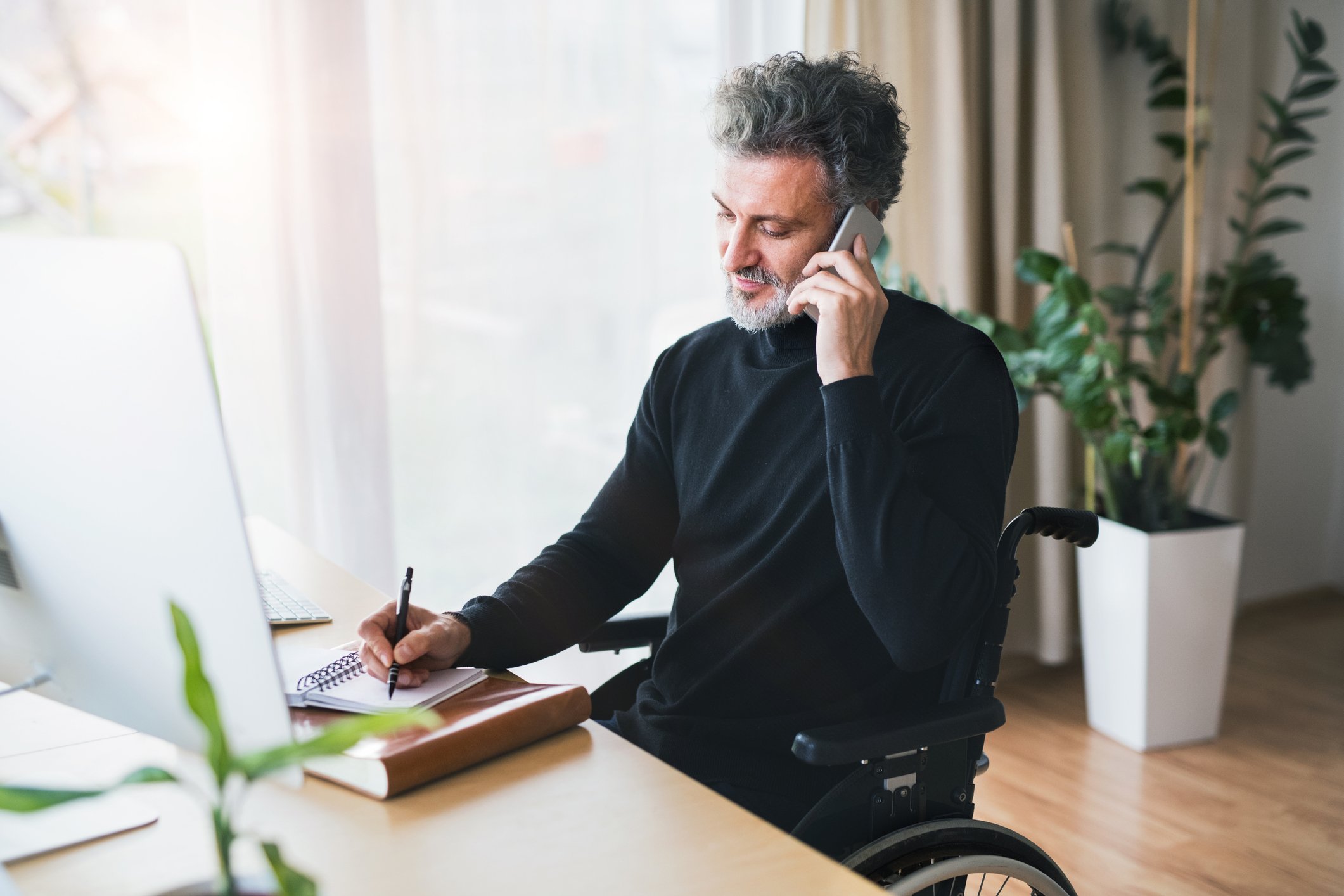Introductory Comments
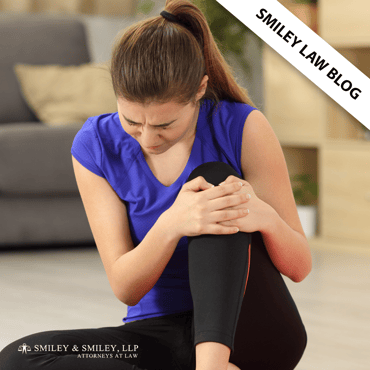
To put it bluntly - it all depends on the what, why, how, and where of the injury. Determining responsibility for injury in a college dormitory can be both complex and subtle, so it is always wise to consult a personal injury law firm as soon as possible. It is also worth doing some research beforehand.
Prospective students should know how seriously the college takes student safety. Does the college, for example:
- - Have its own law enforcement officers?
- - Encourage students to voice concerns about potential dangers or safety issues?
- - Have a prompt and comfortable communication system so students know their concerns will be addressed positively?
- - Have a successful system for handling accidents and injuries?
- - Have an anti-hazing policy?
- - Have an effective cleaning and property maintenance system in place
-
High profile law enforcement patrols can deter potential attacks that would otherwise cause injury, and an effective injury-response system may reduce the effects of injury. Well-maintained dormitory buildings are less likely to be illegally entered and students attacked. Colleges with a "conscientious" approach to preventing and minimizing accident and injury may be less liable than one which has a casual attitude toward student safety.
General and Personal Responsibilities
The New York Court of Appeals publication (Records and Briefs:67 NY2D 271 p85) says that with regard to state-operated college dormitories, the state is acting as a landlord and, therefore, carries some liability if an injury is proximate (directly linked) to proven negligence by the college. This implies that colleges have a responsibility to provide a safe environment in which to live. Individuals, however, also have a responsibility not to indulge in potentially dangerous acts.
A student who gets drunk, for example, and then hurts themselves doing something they wouldn't, had they been sober are likely to find it more difficult to shift responsibility for the injury to the college. On the other hand, a student who falls in a dormitory with a dangerous stairwell that has been reported but not cordoned off or repaired will have a stronger case against the authorities.
Summary Comments
Responsibility for accidents in a college dormitory may fall partly or wholly on all parties. The college does have a responsibility to provide a safe dormitory environment: dangerous real estate, broken or dangerous kitchen equipment or furniture imply some college responsibility. Knowingly using dangerous equipment after it had been put out of general use, may shift some responsibility to the individual suffering injury.
Limiting security presence or not securely maintaining external doors leans towards college responsibility, but getting injured during non-college sanctioned activities such as hazing or consuming alcohol leans back to student responsibility.
In any case of personal injury, it is always sensible to consult a legal expert who specializes in personal injury cases, so the matter can be addressed in detail and within the parameters of New York law. To this end, if you would like to seek advice, please just click this link to contact us.
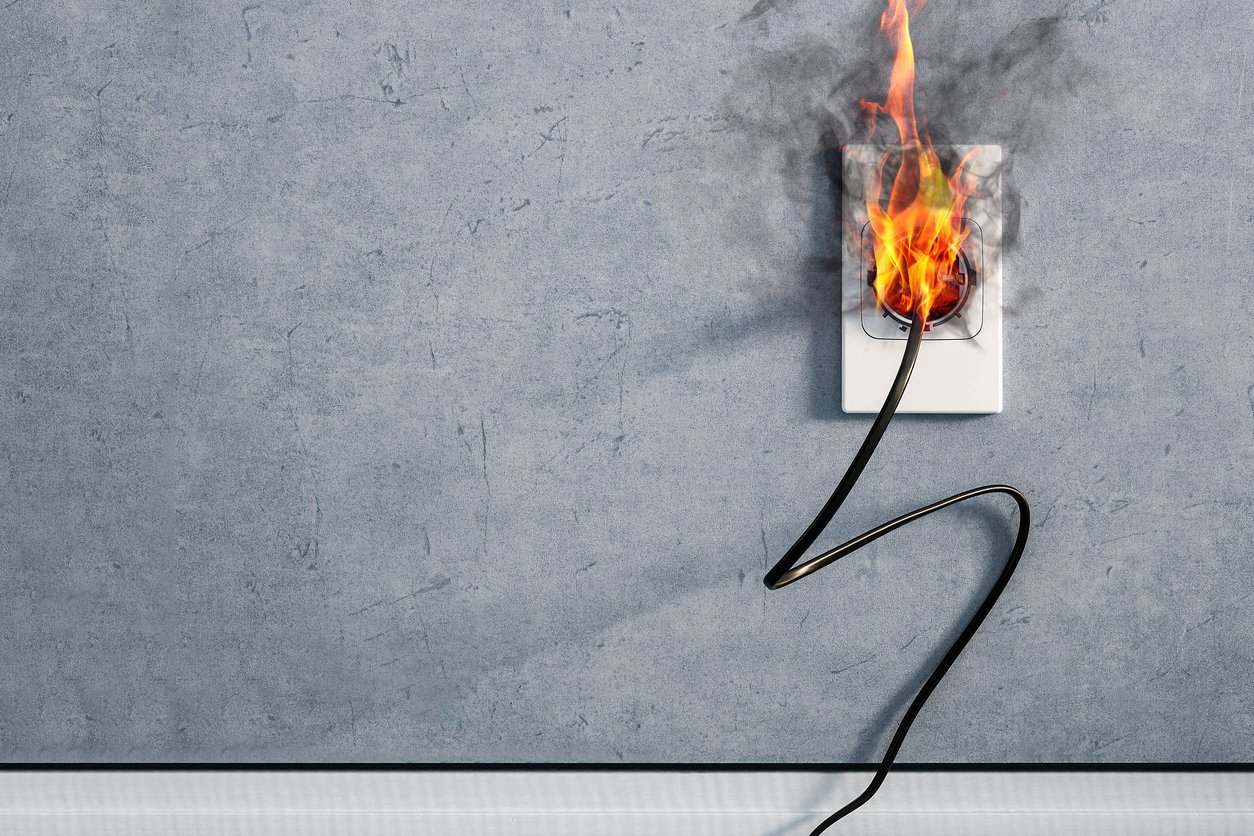 Even if you haven't yet personally experienced an incident that would necessitate a product liability/personal injury case, knowing all there is to know about the particulars of such cases beforehand can be a critical lifesaver. The following are some of the most important factors to keep in mind when it comes to personal injury and product liability cases in general.
Even if you haven't yet personally experienced an incident that would necessitate a product liability/personal injury case, knowing all there is to know about the particulars of such cases beforehand can be a critical lifesaver. The following are some of the most important factors to keep in mind when it comes to personal injury and product liability cases in general.



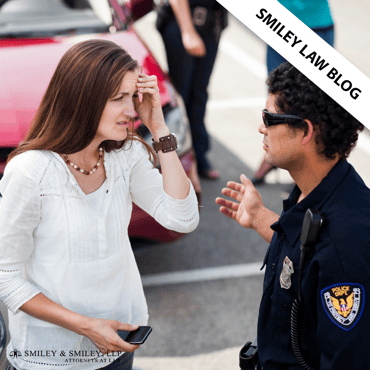
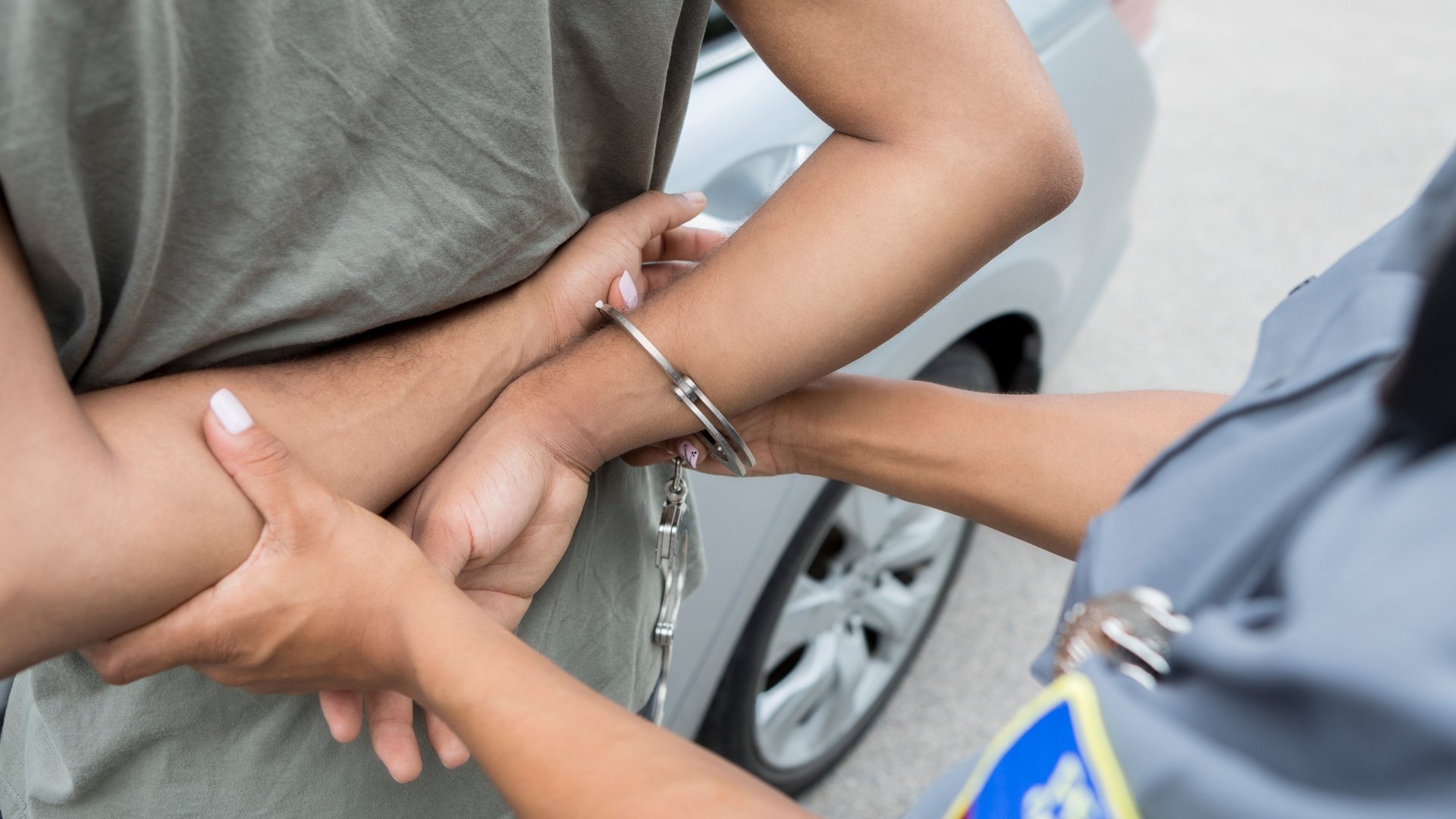
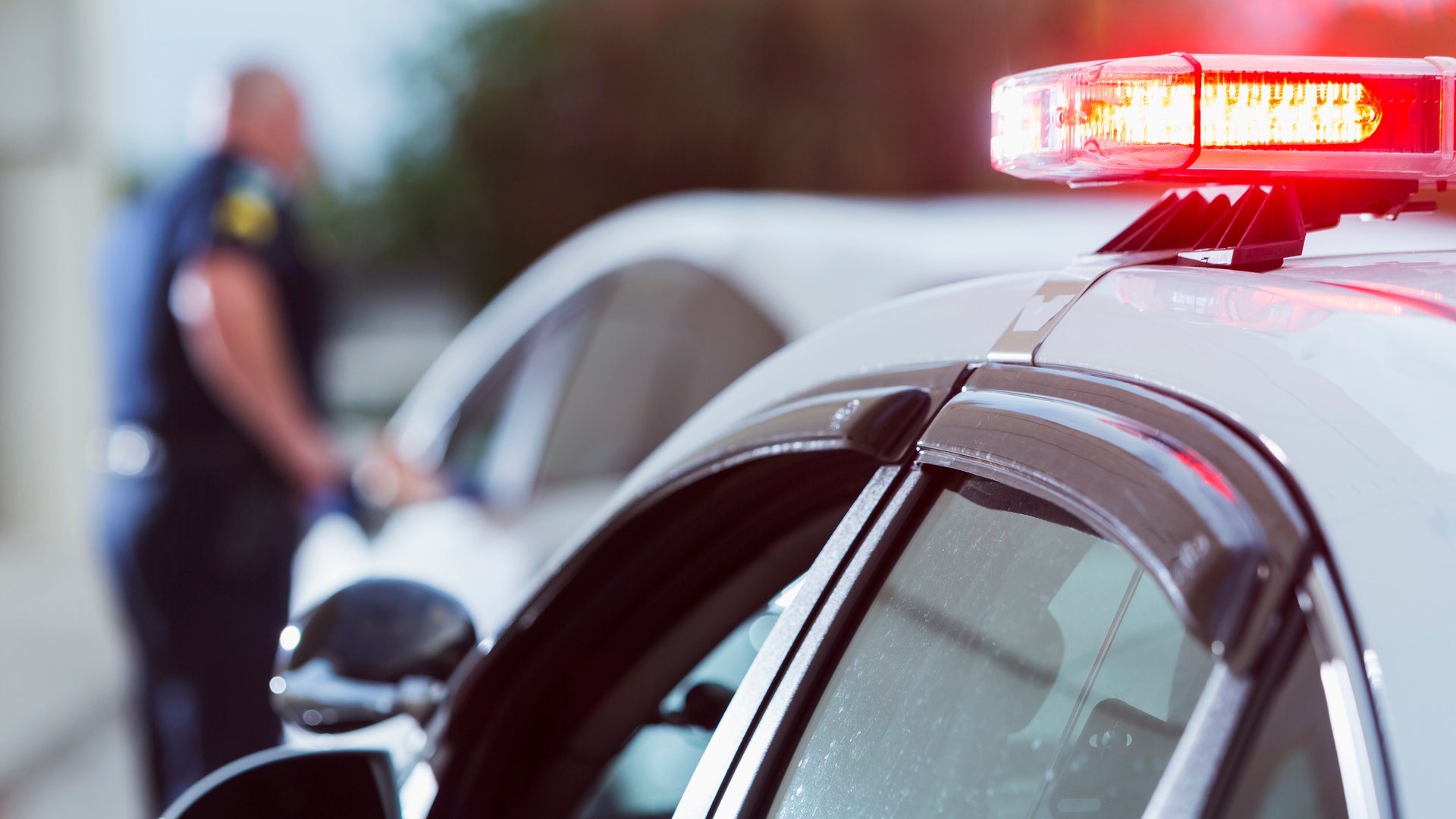

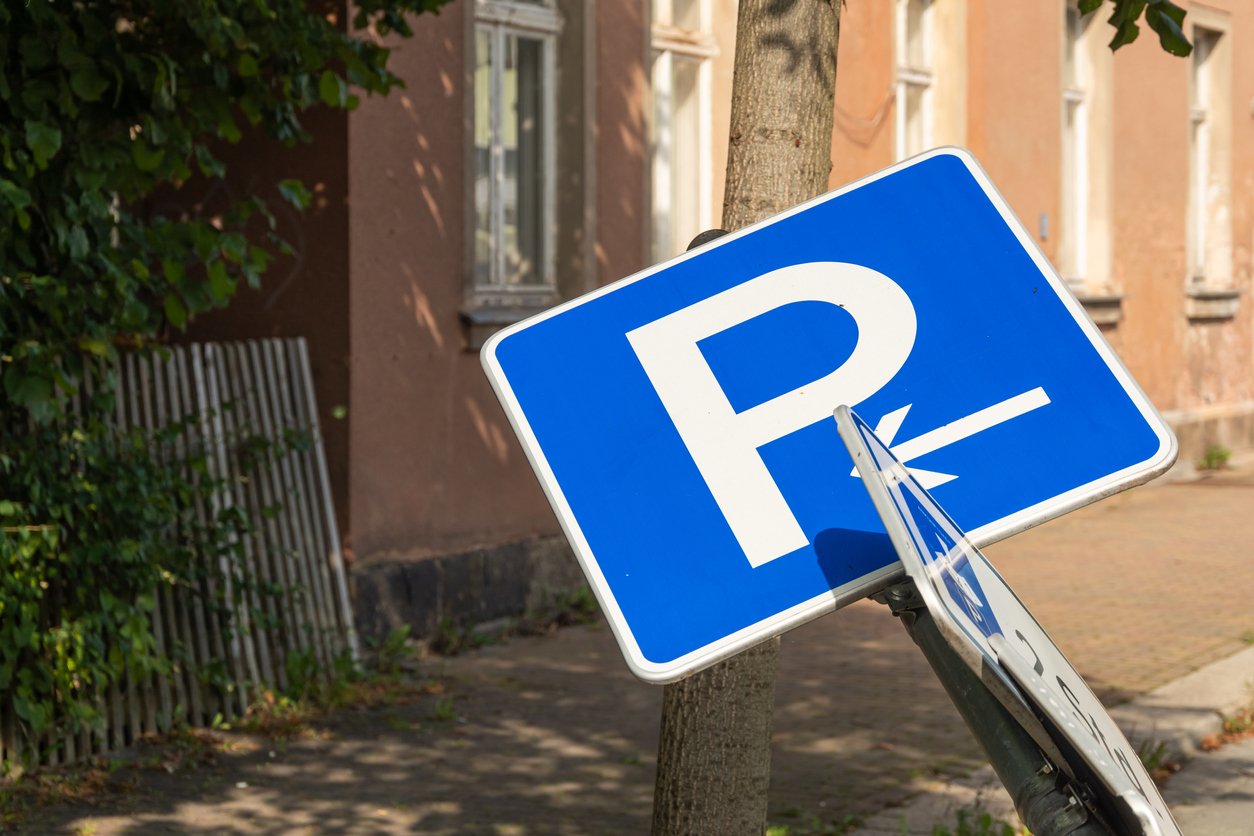

.jpg?width=1254&name=teacher%20student%20(1).jpg)

